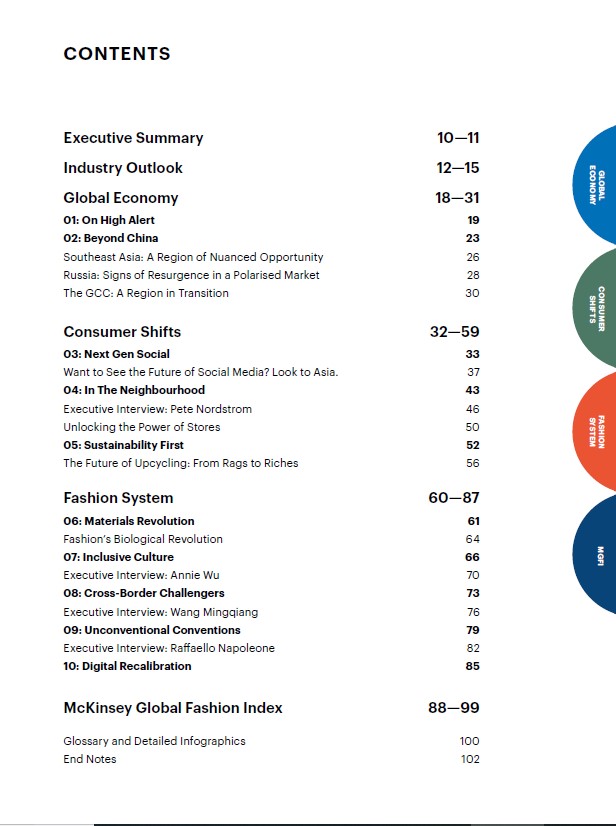"Navigating the Loan Settlement Agreement: A Comprehensive Guide to Understanding Your Rights and Options"
#### Loan Settlement AgreementA **Loan Settlement Agreement** is a legally binding contract that outlines the terms under which a borrower can settle their……
#### Loan Settlement Agreement
A **Loan Settlement Agreement** is a legally binding contract that outlines the terms under which a borrower can settle their debt with a lender. This agreement typically comes into play when a borrower is unable to meet their payment obligations and seeks to negotiate a resolution that is more manageable for their financial situation. Understanding the nuances of a loan settlement agreement is crucial for anyone facing financial difficulties, as it can provide a pathway to debt relief.
#### Understanding the Basics
Before diving into the specifics of a loan settlement agreement, it's important to grasp the fundamental aspects of what it entails. When a borrower defaults on a loan, lenders may be willing to negotiate a settlement to recover a portion of the outstanding debt rather than risk losing the entire amount through prolonged collection efforts. A loan settlement agreement typically includes details such as the total amount owed, the settlement amount, payment terms, and any implications for the borrower’s credit rating.
#### The Benefits of a Loan Settlement Agreement

One of the primary benefits of entering into a loan settlement agreement is the potential for significant debt reduction. Borrowers can often negotiate to pay a lump sum that is less than the total amount owed. This not only alleviates financial burden but can also help borrowers avoid bankruptcy, which can have long-lasting effects on their credit history. Furthermore, successfully settling a loan can provide a sense of closure and allow individuals to move forward with their financial lives.
#### Negotiation Process
The negotiation process for a loan settlement agreement can vary depending on the lender and the borrower's financial situation. It is advisable for borrowers to approach negotiations with a clear understanding of their financial capabilities and the amount they can realistically offer as a settlement. Having documentation that outlines income, expenses, and any financial hardships can strengthen a borrower's position during negotiations. Additionally, borrowers may choose to work with a financial advisor or a debt settlement company to facilitate the process.
#### Legal Considerations

When entering into a loan settlement agreement, it is essential to be aware of the legal implications. Borrowers should carefully review the terms of the agreement before signing, as it may include clauses that could impact their rights in the future. For example, some agreements may require borrowers to waive their right to dispute the debt or may include stipulations about tax liabilities on forgiven debt. Consulting with a legal professional can help borrowers navigate these complexities and ensure that their interests are protected.
#### Impact on Credit Score
Another critical aspect to consider is the impact of a loan settlement agreement on a borrower's credit score. While settling a debt can prevent further damage from missed payments or defaults, it may still negatively affect the borrower's credit rating. Lenders may report the settled amount as "settled for less than owed," which can be viewed unfavorably by future creditors. However, the long-term benefits of resolving the debt may outweigh the short-term impact on credit.
#### Conclusion

In conclusion, a **Loan Settlement Agreement** can be a valuable tool for borrowers facing financial challenges. By understanding the terms, benefits, and implications of such an agreement, individuals can make informed decisions that lead to a more stable financial future. Whether negotiating directly with lenders or seeking professional assistance, being proactive and informed is key to successfully navigating the loan settlement process. Remember, it's crucial to consider all factors, including the potential impact on credit and legal rights, before finalizing any agreement.